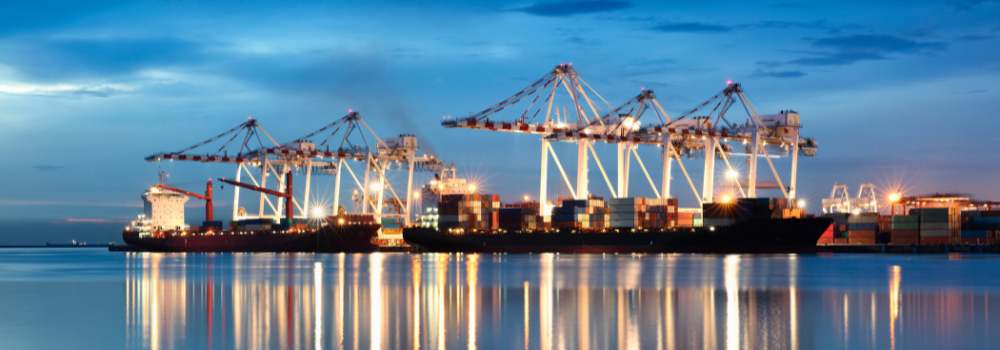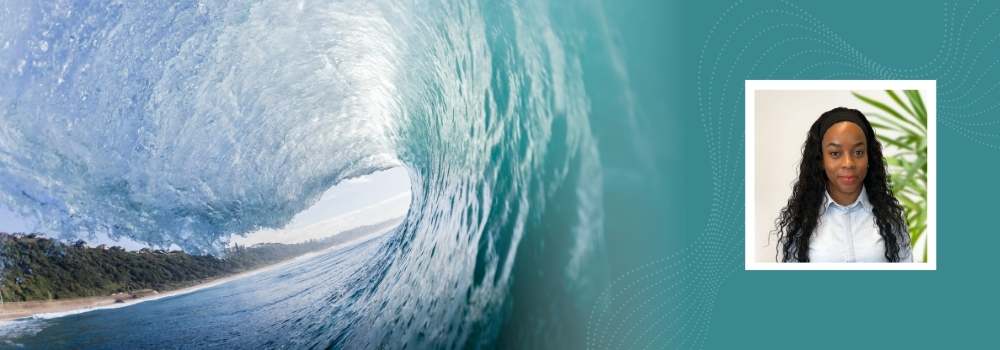There is an old British First World War recruitment poster that shows a little girl sitting on her father’s lap with the subscript ‘’Daddy, what did YOU do during the Great War?’’.
Hindsight can deliver harsh judgement on those who did nothing but their best to keep things afloat on a daily basis and to leave some sort of legacy for their children and grandchildren. For shipowners and the shipping community, keeping things afloat is more challenging than most on the outside realise, especially in volatile economic and geo-political conditions. But extraordinary times call for extraordinary measures. And within the context of climate change, the outside is demanding that shipping changes its ways, fast, and that it becomes more green and sustainable. This is a mammoth challenge for a capital intensive industry where supply is complex and change is expensive, very expensive.
But what is sustainability? There is a risk, as with any fashionable term, that sustainability becomes something that we dress up with a single idea but we do not really understand. To illustrate, a respected industry colleague recently said, “currently the only real sustainability show in shipping town is decarbonisation”. To be clear, this was not intended to downplay the crucial task of bringing down Greenhouse Gas (GHG) emissions but to highlight where shipping’s sustainability focus and efforts lie. Decarbonisation is driving the development of digital platforms, alternative fuels and energy efficiency, to name but a few. Further, in terms of governance, one must acknowledge that shipping already has an intensive regulatory environment with multi-faceted requirements which will only intensify (for expedience’ sake we will not delve into these). But sustainability is a much broader subject and it is vital to understand and address it.
The United Nations (UN) defined sustainability as “meeting the needs of the present without compromising the ability of future generations to meet their own needs” (United Nations Brundtland Commission, 1987). To create a common language and agenda, the UN adopted the 2030 Agenda for Sustainable Development and its accompanying 17 Sustainable Development Goals (SDGs). These goals set out the requirements for achieving sustainable development. To enable organisations to measure and report on the impact of their activities on these goals, three subdivisions were identified – environmental, social and governance (ESG). Subsequently, a number of sustainability or ESG reporting formats have emerged, such as the Global Reporting Initiative (GRI).
Across the globe there is an increase in reporting requirements, demanding greater transparency and accountability from organisations. As an example, in the EU the Corporate Sustainability Reporting Directive (CSRD) which came into force in January 2023, requires designated companies to apply the new rules to the 2024 financial year of which reports will be published in 2025. These reports will have to comply with the European Sustainability Reporting Standards (ESRS) and initiatives such as the GRI are ensuring that their users can do so. (At this point you will be forgiven for feeling somewhat overwhelmed with all the acronyms.)
Amongst other, the sustainability reporting process requires that organisations identify and engage with STAKEHOLDERS to create a more accurate picture of the business’ impacts. To make sure that we are all on the same page, the GRI defines stakeholders as “an individual or group that has an interest that is affected or could be affected by the organisation’s activities”. So, who are these stakeholders who are affected and need to be heard? A stakeholder analysis will enable you to identify these but let us touch on two that are highly significant.
At a recent lunch with a few highly respected colleagues who are all ex-seafarers, I asked the question, “what should shipping be most ashamed of?” The response was unequivocal – CREW. Our shipping crews are the backbone of the global economy and yet, whether it be a geo-political crisis, a shipping incident or a pandemic, they are the ones who are most exposed. Over the last 10 years concerns over crew recruitment have grown, with officer shortages worsening. This should not be a surprise. Life at sea is not for the faint hearted and challenges include amongst other, long periods away from home and sailing through conflict zones. Working under threat of attack takes its toll on the crew and a small crew war bonus does not alleviate the effect of that stress which extends to their shore based families and communities.
Another disturbing occurrence reared its ugly head during the COVID-19 pandemic. As the airlines moth-balled their planes, the essential task of moving shipping crew around the world became problematic, at times impossible. But in spite of this, there were Charterers who refused the desperately needed crew changes during their voyage charters. Astonishingly short sighted in terms of safety and inhumane. Healthy, well trained and fairly treated crew are essential for safety and environmental protection. Whilst crew welfare is receiving growing recognition from industry initiatives and some Shipowners, more comprehensive action is needed to meet the industry’s needs and fulfil the SDGs.
The second, despite lacking its own legal status, acts as a collector of stakeholders and is key to our survival – the OCEAN. It plays a crucial role in the carbon cycle, the climate and is a source of food. We are highly dependent on very small prolific marine life forms called plankton. These form the basis of the marine food chain and is a major contributor of oxygen to the atmosphere whilst also removing vasts amounts of carbon dioxide from the air. In short, a healthy ocean sustains life on earth. Accelerated climate change has lead to ocean acidification, increasing ocean temperatures and sea level rise. The Arctic circle is being transformed. And this year has seen another mass bleaching event of coral reefs across the globe. It paints a very gloomy picture.
Shipping has to own up to its own contribution through various forms of pollution which affect the already stressed marine eco-system, including but not limited to noise, air, biofouling, invasive species, plastic and cargo and fuel spills. On the high seas it may go without visible consequences but the impact is evident in coastal communities who rely on the ocean for fishing, tourism and other economic activities.
An excellent example of these communities are the Small Island Developing States (SIDS). The UN designates SIDS as “a group of low-lying island nations that are home to approximately 65 million people who live across more than 1,000 islands” and include well known destinations such as the Maldives, Barbados, Seychelles and Samoa. Their vulnerability to external shocks can be attributed to their remoteness, high dependence on imports and exports and sensitive marine and land ecosystems. It places them in the eye of the environmental and climate change storm. If we are smart we will draw from their learnings and support their efforts to mitigate and restore the damage.
The ocean is shipping’s operating environment. We are dependent on it and we need to participate in maintaining its ability to provide for future generations and in doing so further fulfil the SDGs. Jacques Yves Cousteau pointed out poetically “the sea, the great unifier, is man’s only hope. Now, as never before, the old phrase has a literal meaning: we are all in the same boat.”
Ultimately, we protect what we value. Sustainability starts with drowning out the daily noise and having the courage to put ourselves and our businesses under the looking glass. Even if we are not all required to publish sustainability reports, we must do the groundwork. And if all of this seems too demanding and if the outside world with its pointed fingers seems unreasonable, let us remember that future generations, the ones who sit on our laps, will ask what we did about sustainability and deliver judgement on the legacy that we leave. We need to do more.
So what are some of the things we can we do beyond what we are already doing?
- Make sustainability and ESG a subject of interest, a priority, a modus operandi and investigate and resource the reporting process
- Seek expertise and assistance – commit to educating yourself and your staff and develop an understanding of the impacts that operational and commercial decisions have
- Listen and speak to known and newly identified stakeholders – build trust relationships beyond your commercial network
- Identify opportunities to improve and repair, whether it be setting higher standards of training or operations, participating in research initiatives, sponsorship of reparation initiatives or championing causes – collaborate. And if you need ideas, reach out, I have quite a few and the opportunities are endless
In answer to the question, “is shipping doing enough”, start by asking your stakeholders.
Blog written by Yvette du Preez


